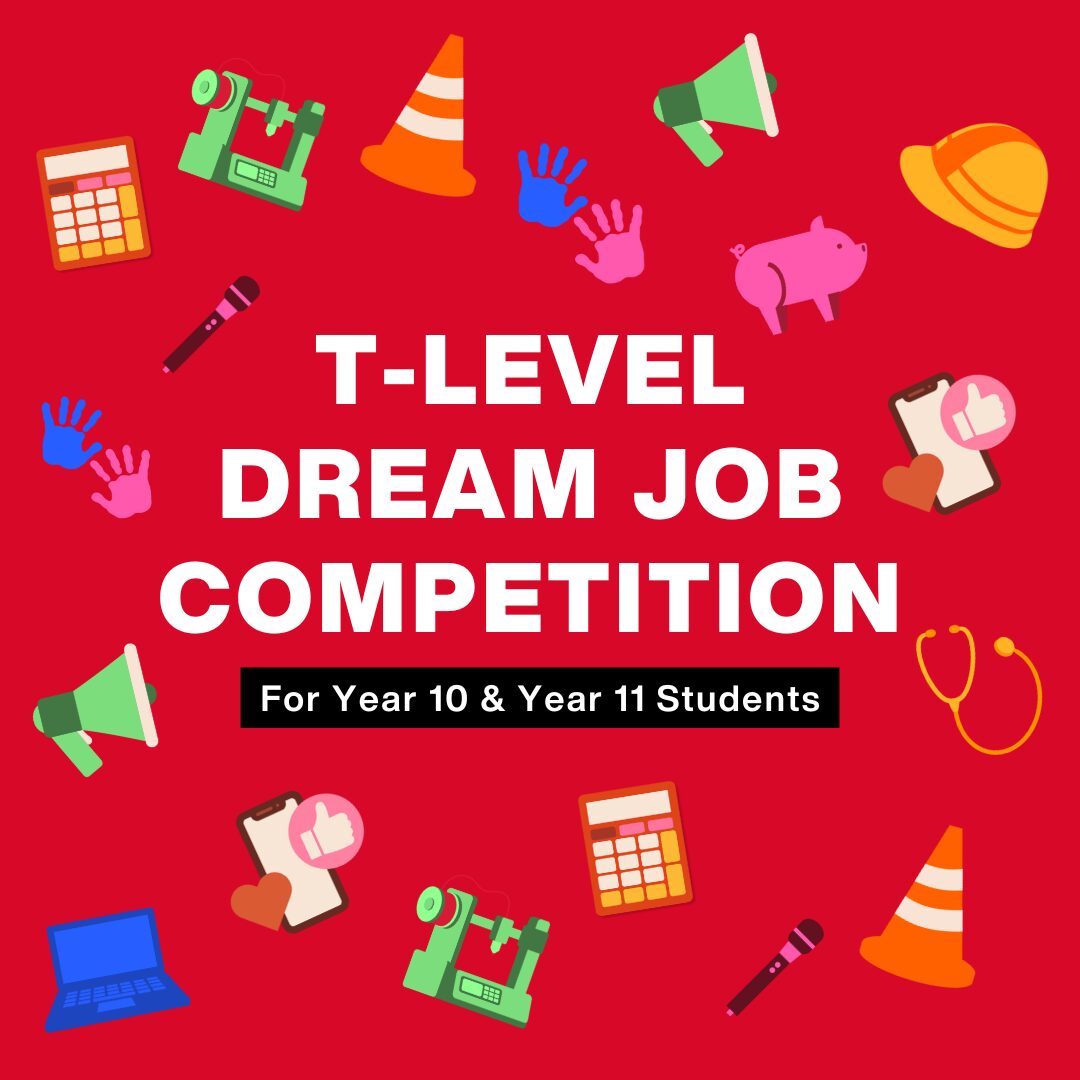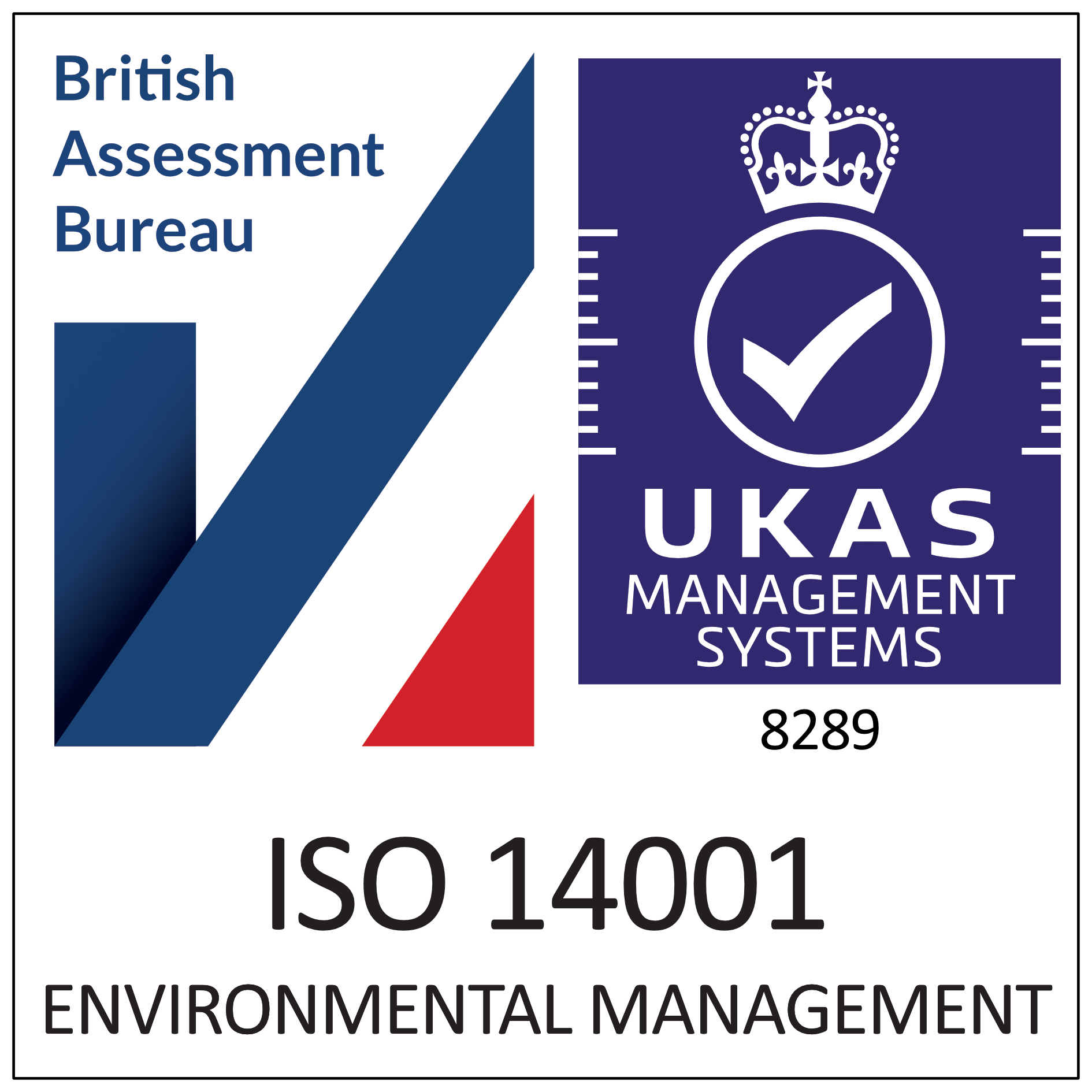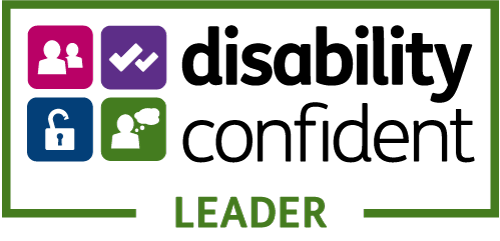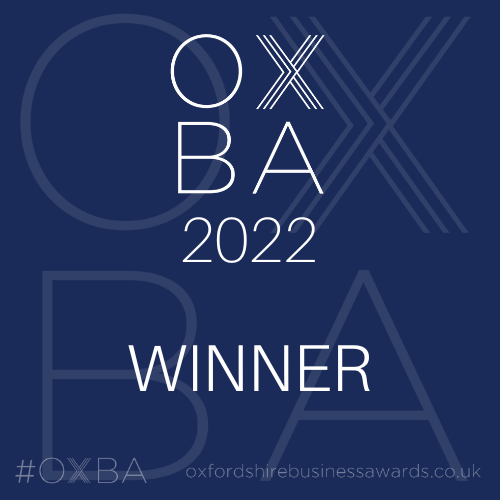
Dream Job 2040: A T Level Creative Competition
📣 Year 10 & 11 students: Design a job that doesn’t exist yet… but could!

Dream Job 2040: A T Level Creative Competition
📣 Year 10 & 11 students: Design a job that doesn’t exist yet… but could!
Search our website for news, courses, and general information
Course code: P06697
Subject area: Equine Science BSc (Hons)
Study level: Undergraduate
Course level: H
Course time:
09:30 - 20:00
Days of week:
Mondays & Tuesdays
Course date:
22nd Sept 2025 - 16th May 2028
Course location:
Oxford Brookes UniversityThe course provides a flexible approach that enables students to apply theoretical knowledge to their work within the equine industry. Students will typically attend approximately 12 hours of lectures a week and are required to spend additional time independently on self-directed study. You will go on trips to research centres, studs, racecourses and sales, enabling you to see how the industry works and preparing you for future employment. Respected industry figures also deliver guest lectures. The combination of modules from across equine, life sciences and business subject areas allows students to graduate with a combination of scientific literacy and management skills.
This is typically a 3-year degree with the option to add a placement year to gain additional industry experience to complement your academic studies. You will experience lectures, laboratory-based activities, seminars, peer and self-assessment, online resources and tutorial support. Trips and guest speakers from the industry help strengthen links to the workplace and develop skills for employment.
Staff involved with the delivery, teaching and assessment of the course have a range of industry experience and academic skills and a keen involvement within research.
This course is validated by Oxford Brookes University. Applications are made via UCAS - code D322.
Year 2:Compulsory modules:Research MethodsEquestrian Land and Resource Management 1Equine Medicine and Veterinary Techniques Equine NutritionExercise PhysiologyEquitation Science
Optional Modules:Equestrian Event and Racecourse Management Genetics
Year 3:Compulsory modules:DissertationEpidemiologyBehavioural Science and PsychologyEthics for Racing and Sports HorsesAdvanced development for the racing and performance equine athleteApplied Equine Rehabilitation
Optional Modules:Equestrian Land and Resource Management 2Equestrian Event and Racecourse Management GeneticsIndustry Placement and Personal Development 1 and 2
Graduates of this Equine Science degree are equipped with an up-to-date understanding of scientific principles and management theories as well as the skills to implement them, whether progressing into employment within the equine industry or elsewhere.
Recent graduates have gained positions in research, biomechanics consultancies, event management and further education colleges as lecturers. Others have secured roles in owner services at Weatherbys, gained entry into veterinary colleges or continued in higher education with a Veterinary Physiotherapy MSc, for example, or other postgraduate options, such as PhDs or MBAs.
Typical offers are A Level grades BBC or equivalent to 112 UCAS tariff points (new tariff). Equivalent grades in other recognised qualifications (such as BTEC Nationals, City & Guilds, Advanced Technical Extended Diploma, or Scottish qualifications).
Practical equine experience is desirable but not a pre-requisite for entry. Mature students with relevant experience are welcomed as a positive addition to the course. Higher National Diploma and Foundation Degree routes into the course are also available.
If you do not have a science A Level, we encourage you to consider one of our foundation degrees.
English Language Requirements (For students whose first language is not English): IELTS 6.0 (with 6.0 in reading and writing, 5.5 in listening and speaking).
We include students with disabilities and/or learning difficulties into the life of the College and seek to offer opportunities for success in all courses at all levels. If you have any particular requirements, please contact our Learner Support Adviser on 01235 216440.
Students are required to have their own personal protective equipment for handling horses, and if this is not already owned then it will need to be acquired; riding hat, gloves, riding boots, yard boots. Students are required to purchase these independently and these items can be found in most country stores or equestrian tack shops.
All learning resources are available in the University library and online, but students may wish to purchase their own specific textbooks. Prices range from £25-250.
Students will need to budget for transport costs between sites. Typically, lectures, seminars workshops and practicals take place face to face at Oxford Brookes, in Year 1 students travel to Common Leys Farm Campus once a week, students living in Oxford will need to make their own way to Witney; there is a good public bus route. There is a free shuttle bus between the Witney and Common Leys college campuses so students wont need to pay for this part of their journey.
You can also find information on our fees and on Student Finance at www.abingdon-witney.ac.uk/support/fees-bursaries. Please note tuition fees may increase in subsequent years both for new and continuing students in line with an inflationary amount determined by the University and all college partners.
£0.00
Modules are assessed in most cases by a mix of coursework and examinations. Coursework will include a range of assessment methods, for example: essays, report writing, presentations, and practical observations. Examinations include short and long answer questions, multiple choice questions, and case studies.
Formal assignments will be returned to students within three weeks of the submission date.








